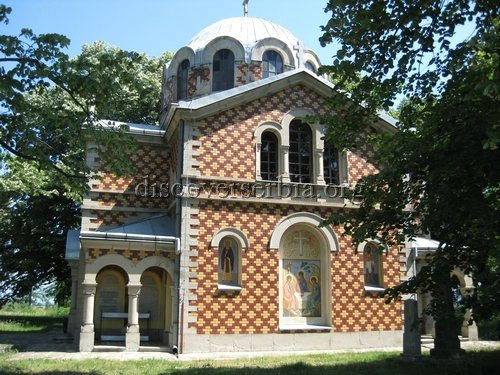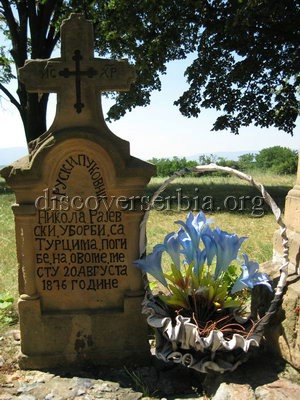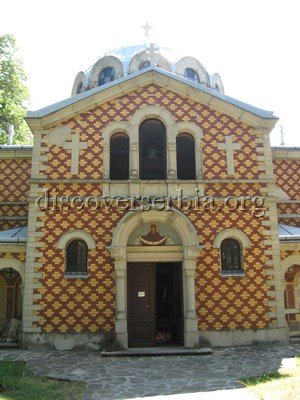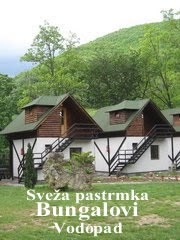Adrovac
Only a half an hour from Nis and only a few kilometers from Aleksinac and a highway Belgrade – Nis, there is Gornji Adrovac. It is a village which connects Serbia and a novel of Leo Tolstoy, "Ana Karenjina". At the end of the village, in the shade of 100 years old lime trees, there is a church built in a Russian style. The area looks idyllically and it is hard to imagine that here, a long time ago, everything burnt. Also, almost the whole generation of Serbs gave their lives for freedom.


Through this area, in the second half of the XIX century, the Serbian - Turkish border passed here. Serbia had been preparing itself to free its southern parts. Serbia had no support from Europe, since they perceived Russia as their opponent at the Balkans. Many volunteers from Slovenian countries, mostly from Russia, supported Serbia. Among them was a 37-year old colonel Nikolaj Rajevski, a member of a well-known Russian family in the XIX century. His grandfather, as a general, led the Russian army against the Napoleon`s invasion, and his grandmother was a granddaughter of a famous scientist, Lomonosov. The father of Nikolaj was a general- colonel in the Russian army and a man to whom Puskin dedicated a poem "The prisoner of Caucasus". In the 1876, Nikolaj joined the Russian volunteers who went on the Serbian-Turkish front. In the same year, on 20th of August, he stayed there forever. At the place where he got killed, the church of the Holy Trinity stands today. His mother, Ana Mihajlova moved his remains to Russia with full military honours. The Serbian duke Milan Obrenovic was present then.

The following year Rajevski came to life as a count Vronski in a Tolstoy`s novel "Ana Karenjina". At the place where he got killed a church of the Holy Trinity was built, known in people as a Russian church. The church was built by Marija Rajevska, a wife of his brother Mihajlo, and it was a copy of a shrine in Ukraine in which Nikolaj was christened. On the road leading to the church, lime trees from Russia were planted to remind him forever on the native country.





